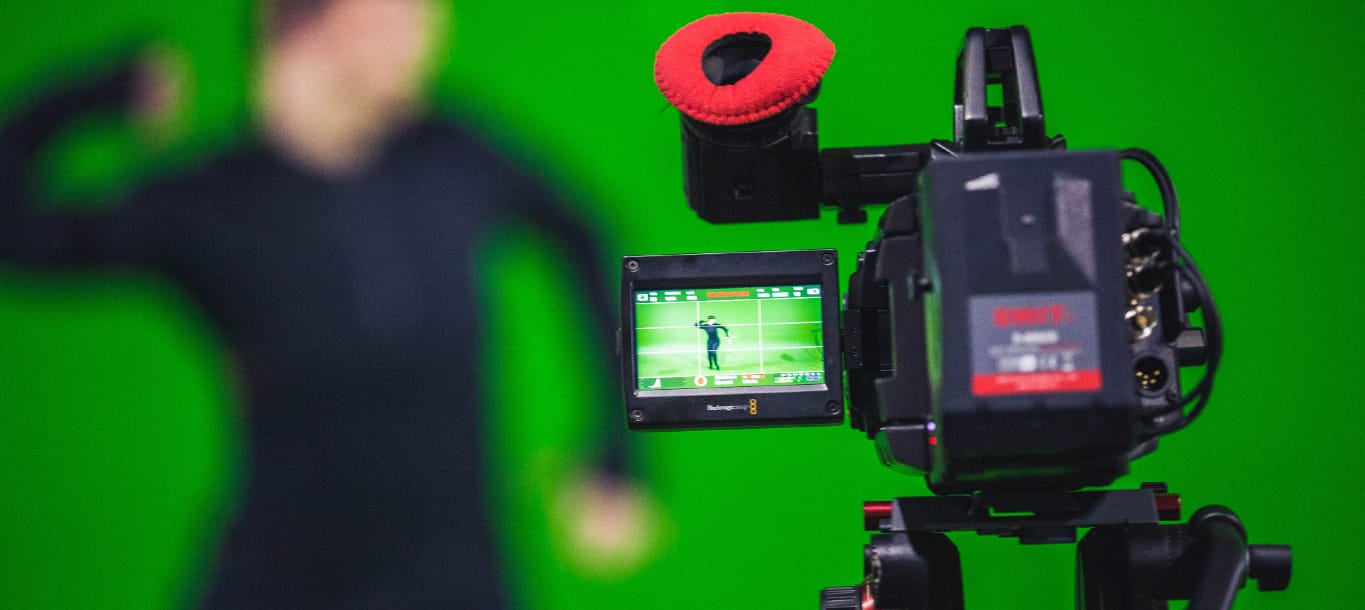What is a VFX Artist?
VFX Artists work to create computerised animations for a range of different media, such as television, films, and even gaming platforms. Using technical skills and software, you’ll create and implement high quality VFX, making the audience believe that blazing fires, superheroes or even alien spaceships are real.
It’s an incredibly exciting career path. There are a variety of job titles which refer to the same career, including compositing artist, multimedia artist and FX (effects) animator.
What are the typical responsibilities of a VFX Artist?
VFX Artists are responsible for completing both 2D compositing and 3D computer-generated imagery. No matter which type of media you’re creating, typical responsibilities include: creating high quality visuals effects that also stick to a specific budget, using computerised technology and complex software, conceptualising cutting-edge special effects to make the media stand out, taking feedback from leads and supervisors, and troubleshooting technical issues.
What sort of skills do you need to be a successful VFX Artist?
To be a successful VFX Artist, you’ll need excellent artistic ability, to create eye-catching VFX. You’ll also need to be resilient. The feedback you receive from your supervisors may be frustrating, but you’ll need to take it in your stride and keep going. It’s important to not see criticism as a reflection on you personally, and to instead use it to be the best you can.
Furthermore, you’ll need strong time management skills. There will typically be a deadline by which you’ll need to have completed your work, and going over this deadline may delay production.
In terms of practical skills, you’ll need to have experience with 3D animation software, such as Houdini, Cinema 4D and 3Ds Max. It’s also necessary to understand computer operating systems like Linux or Unix, and be familiar with photoshop. Although you’ll receive some on-the-job training, you’ll still need to understand how these softwares work. If you don’t have any experience, you may wish to take an online course.
How can I get involved with the science side of VFX?
If you’d like to combine your passion for science with a VFX artistry, many VFX artists focus on developing software. Working with real footage from the industry, you’ll design, develop and maintain software, fix bugs in the system, and ensure that the software is high quality.
What qualifications do I need to become a VFX Artist?
It’s possible to enter the field without a degree, for example by starting as a runner and working your way up by networking and shadowing artists. A higher national diploma or undergraduate degree in VFX are also options.
How can I boost my employability?
VFX is a competitive industry to enter, so it’s important to do all you can to boost your chances of employment. Any work experience you gain will show you’re committed to a VFX career. It’s essential to use the projects you complete to build up a showreel of portfolio. When considering which shots to include, it’s important to have a fewer number of high quality shots, than several shots of medium quality.
Finally, when searching for a career, try not to be too concerned about the level of responsibility you start off with. Many start off in entry-level positions, then work their way up.
